Extensor tendons allow you to straighten your fingers and thumb. They run from muscles in the back of your forearm into your hand where they attach to the bones of your fingers and thumb. They are important in allowing you to open your hand during activity and are essential in allowing your hand to function normally.
Your tendon has been repaired to restore normal movement, and you will need to undergo a strict hand therapy programme following your surgery to maximise your recovery and functional use of your hand.
It is normal to have swelling in your hand after an injury or surgery.
To help drainage of this swelling whenever possible:
Do rest your hand above the level of your heart. Use a cushion to support your arm if this is comfortable.
Do move your elbow, shoulder and neck regularly to prevent stiffness in these joints.
Do not allow your hand to hang by your side.
Early movement of your fingers as described in this leaflet will help to manage your swelling and prevent stiffness later.
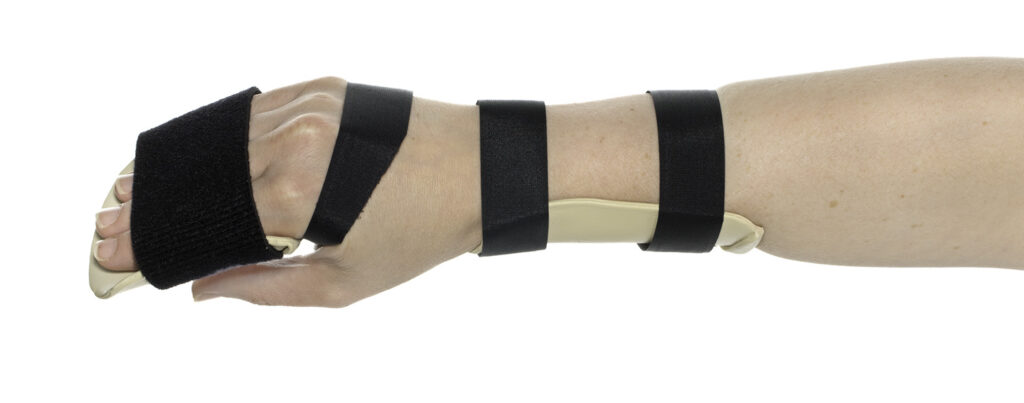
Splints J7A3270-Edit
Within the first week following your repair you will be seen by the hand therapy team. A small “yoke” splint will be made and a separate wrist splint given to protect your surgical repair.
The repair will be weak and will require protection in a splint to prevent movements and activity that will risk rupturing your tendon. You should wear the splints 24 hours a day.
While wearing your splints you will need to check your skin on a regular basis for red or sore areas and inform your therapist if you have any concerns.
Your arm and splint will need to be covered with a plastic bag when showering or bathing (please do not remove your splints).
Do not place your splint in hot water or near a heater as this will affect its shape/fitting and result in the splint becoming uncomfortable to wear.
You will not stop your tendon healing by moving your thumb and fingers. Bending and straightening your fingers will help regain movement and reduce swelling.
You should complete the following exercises wearing your splint:
1. With your other hand lift your fingers up away from the splint. J7A3271-Edit
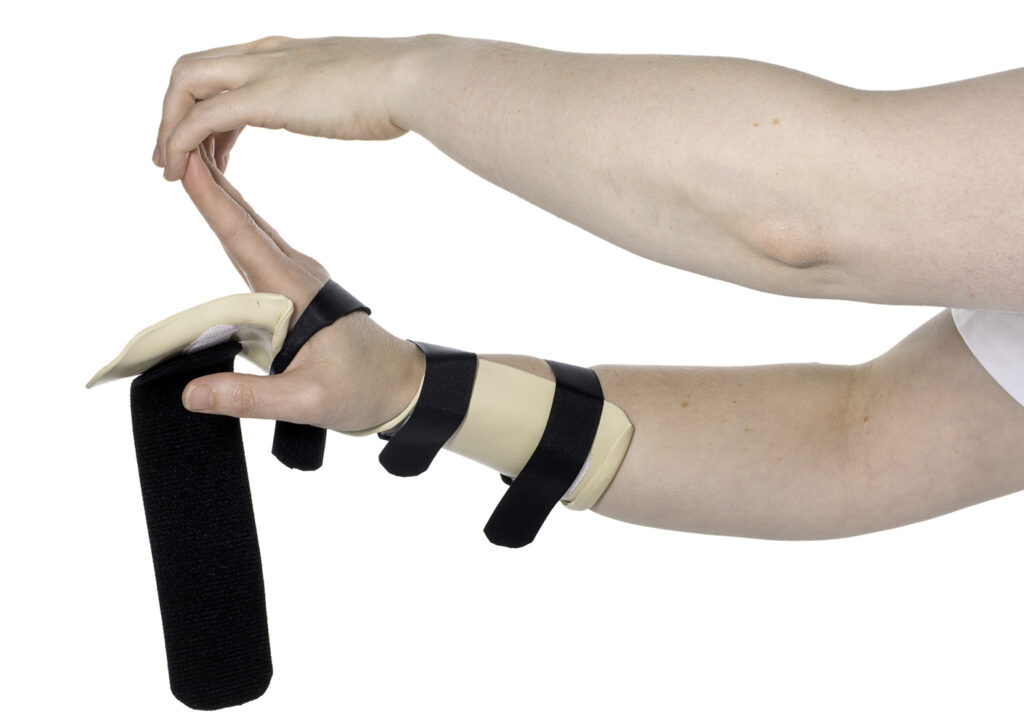
2. Actively straighten your fingers away from the splint. J7A3273-Edit
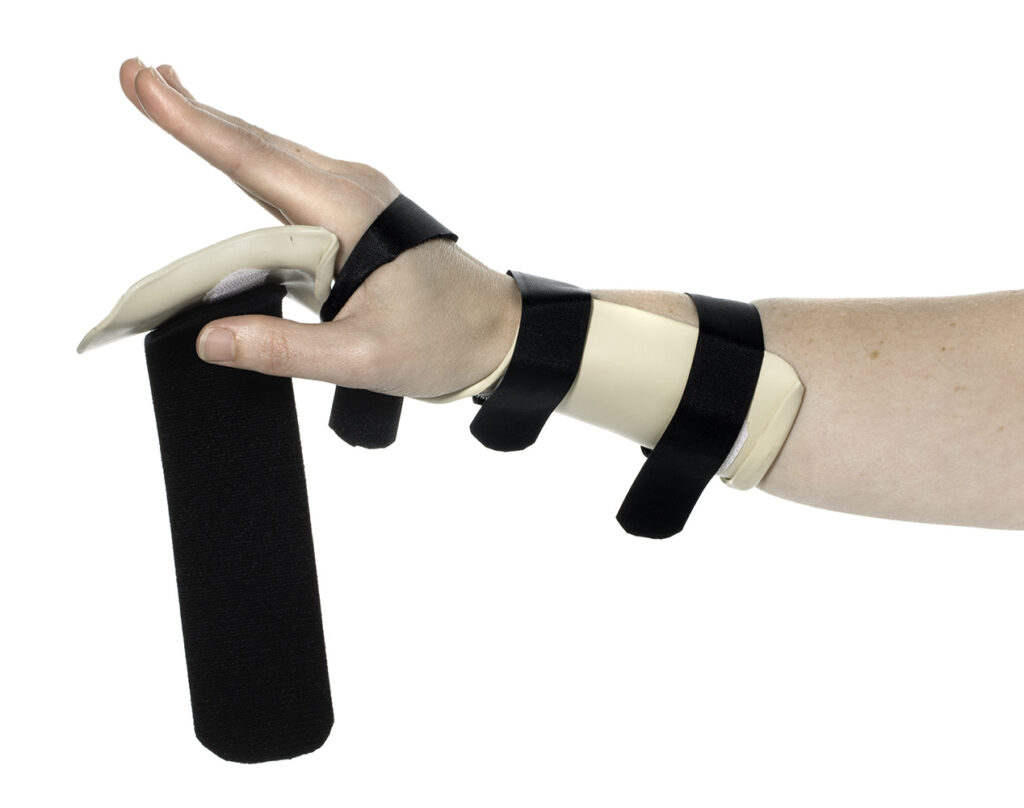
3. Actively straighten your fingers away from the splint then curl your fingers. J7A3274-Edit
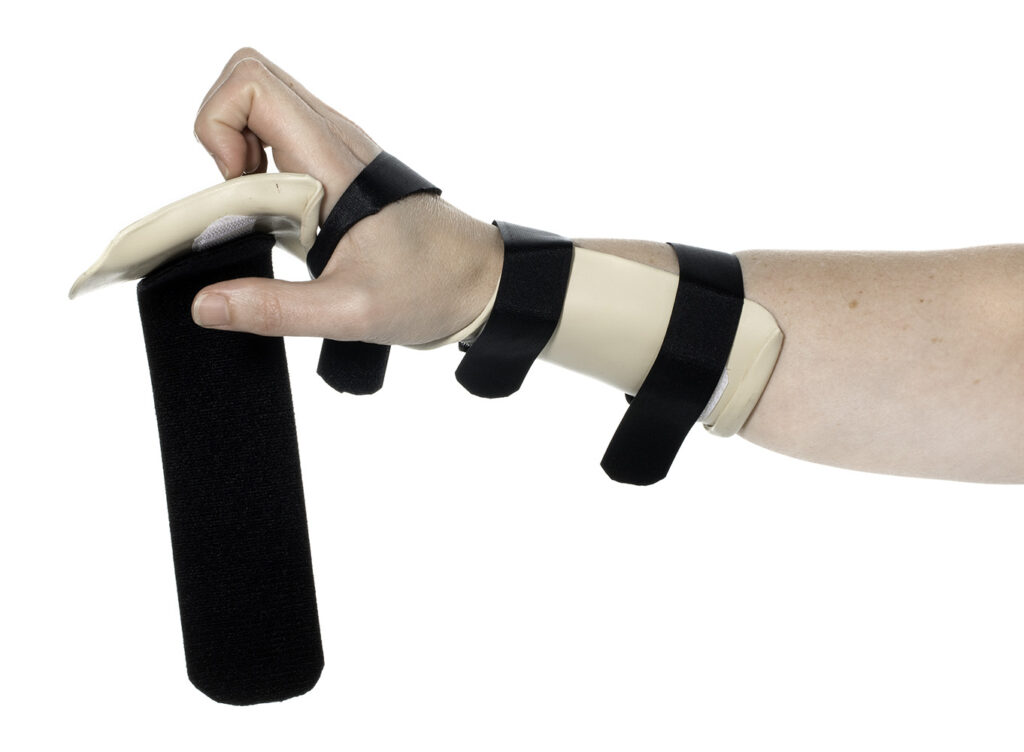
Massage helps make your scar more mobile, so it does not limit movement of your fingers. Once the stitches are removed and the wound looks dry you can start to massage the scar.
Use a simple moisturiser such as E45, Nivea or aqueous cream. Massage the cream over the scar in circular movements.
Perform this 3-4 times a day for 5 minutes.
You can use your hand for light activities for example:
• Doing up buttons/shoelaces.
• Dressing with light clothes.
• Holding paper.
• Using a mobile phone.
You must not use your injured hand for heavier activities, such as:
• Carrying a cup of tea or plate of food.
• Pulling up your jeans/trousers/shorts.
• Opening doors.
• Driving.
You can stop wearing the splint during the day. Your therapist will advise you if you need to continue to wear the splint when you go to bed.
1. Support your forearm on a table. Bend your wrist downwards relaxing your fingers. J7A3257 - Edit
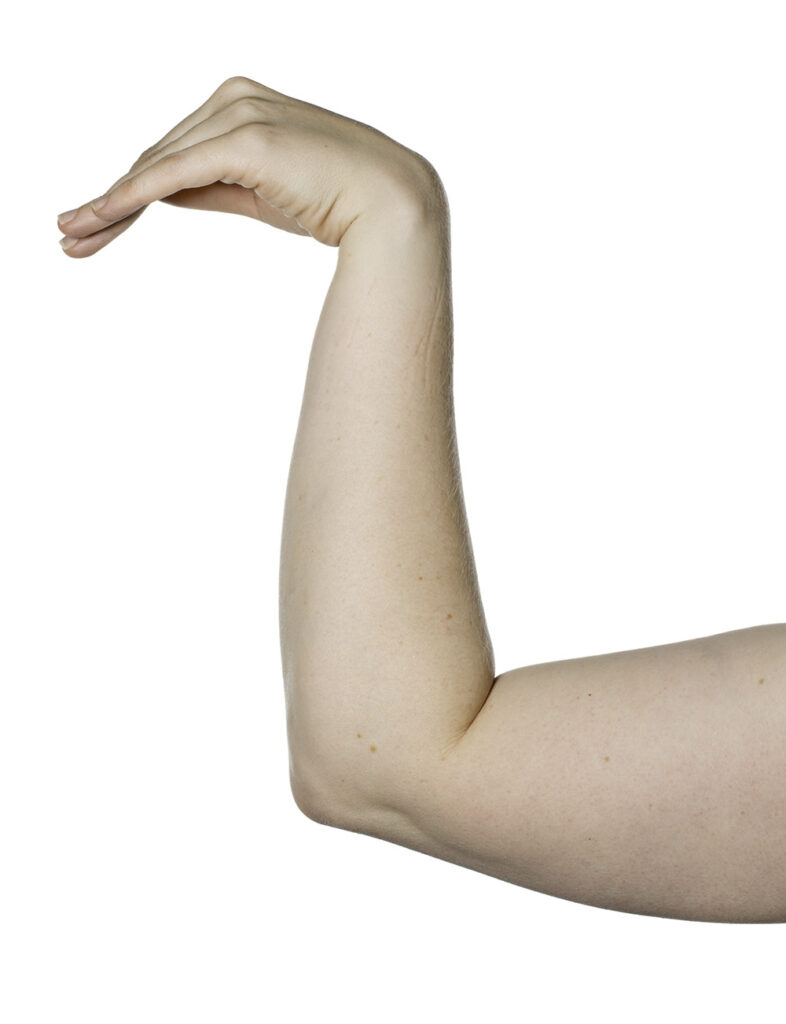
2. Support your forearm on a table. Bend your wrist upwards. J7A3258 – Edit
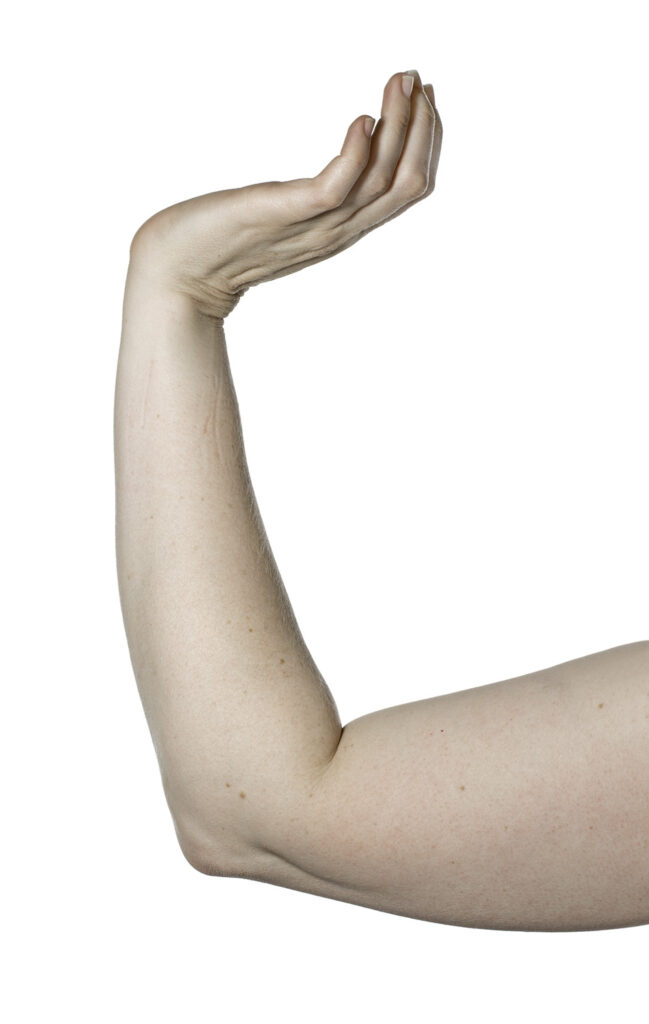
3. Rest your elbow on a table. Straighten your fingers. J7A3259 – Edit
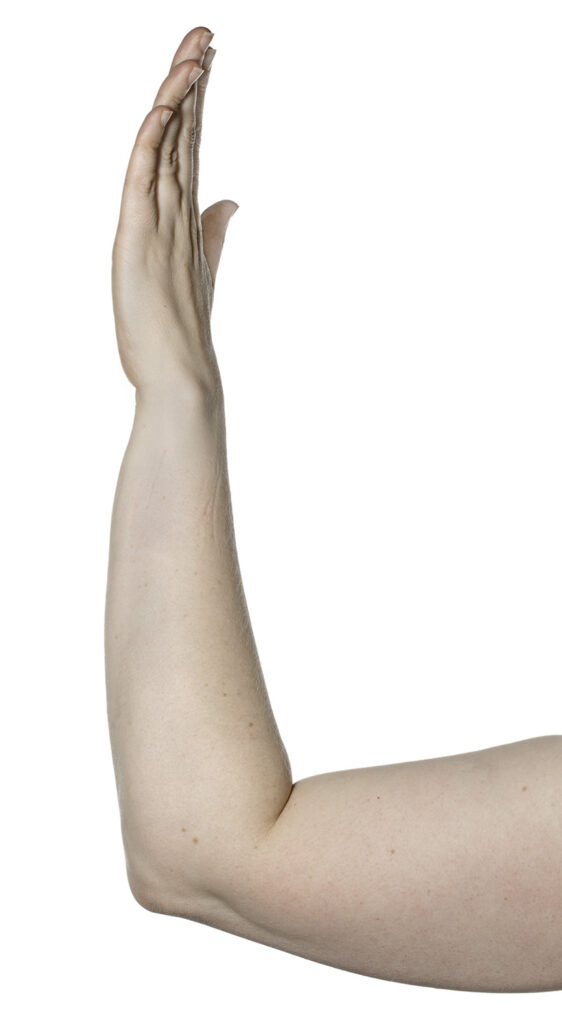
4. Rest your elbow on a table. Bend your fingers at the knuckles whilst keeping your finger joints straight. J7A2048 – Edit
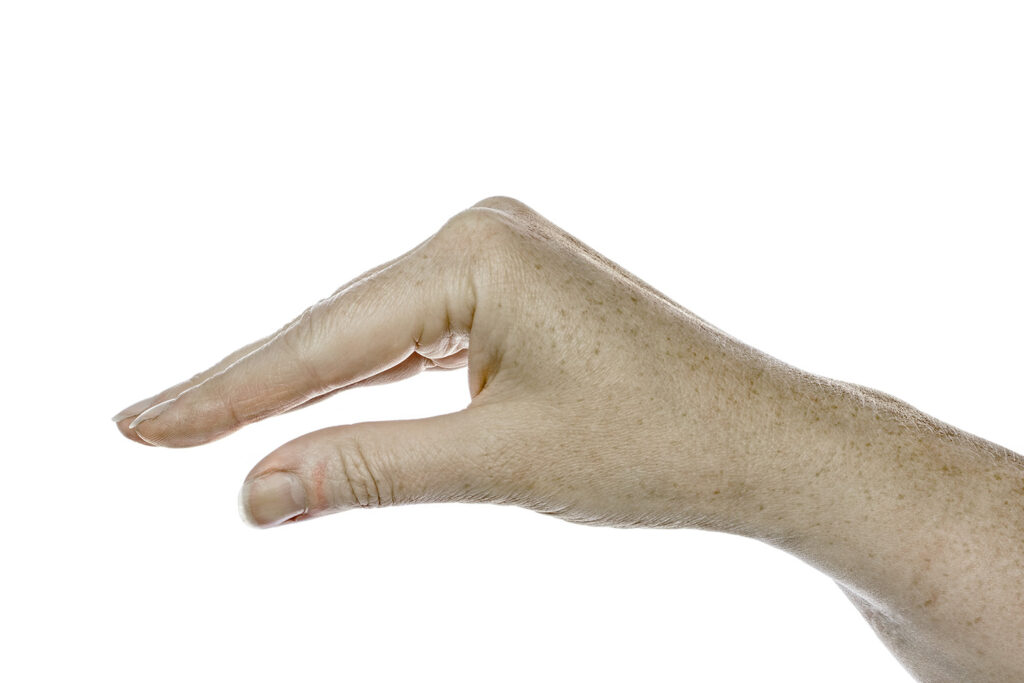
5. Rest your elbow on a table, curl and open your fingers without making a full fist. J7A3260 – Edit
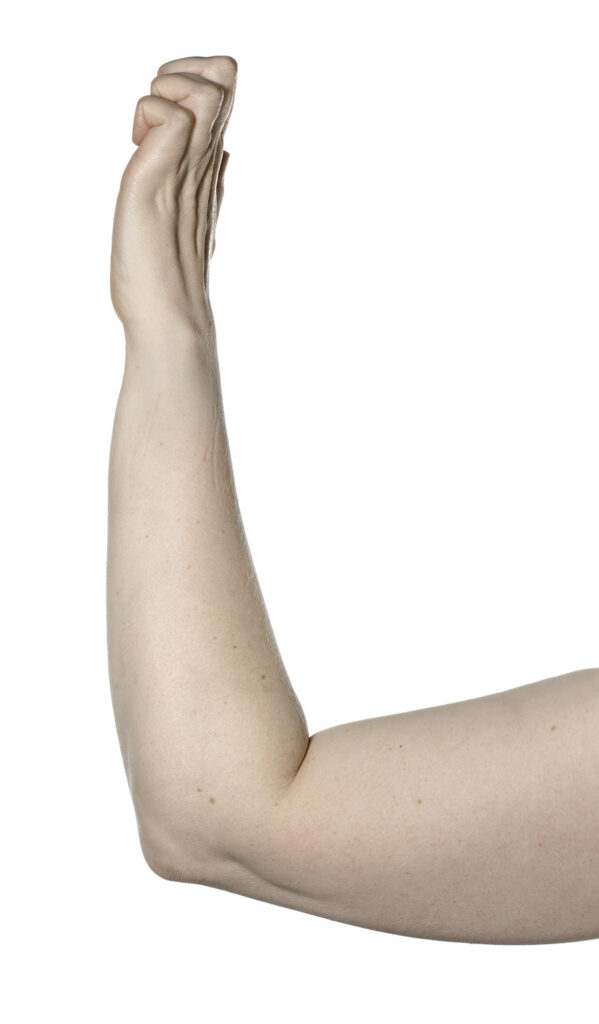
6. Rest your elbow on a table. Close your hand to make a full fist. J7A3268 – Edit
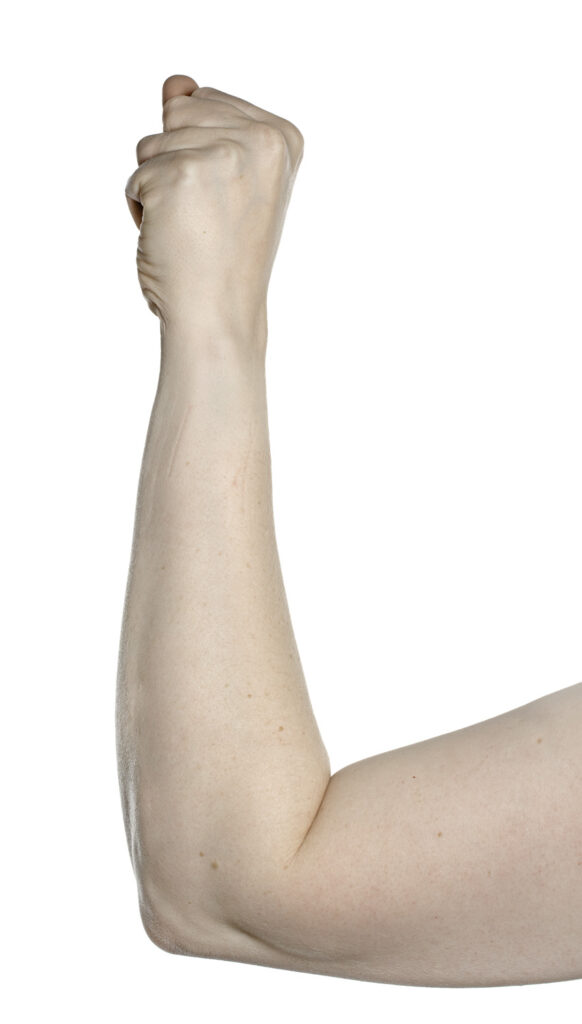
You can use your hand for medium heavy activities for example:
You must not use your injured hand for heavier activities until you are 12 weeks following repair:
Do not complete any activity that causes pain. Your tendon is not 100% strong until 12 weeks after repair.
Contact the plastics clinic or therapy department immediately if:
Plastics clinic on: 01274 364397
Available: Monday to Friday 8.00am – 5.00pm
or
The Hand Therapy Team on: 01274 382874
Available: Monday to Thursday 8.00am – 6.00pm, Friday 8.00am – 3.30pm
You can contact us using the Relay UK app. Textphone users will need to dial 18001 ahead of the number to be contacted.
Bradford Teaching Hospitals NHS Foundation Trust is a smoke-free organisation. You are not permitted to smoke or in use e-cigarettes in any of the hospital buildings or grounds.